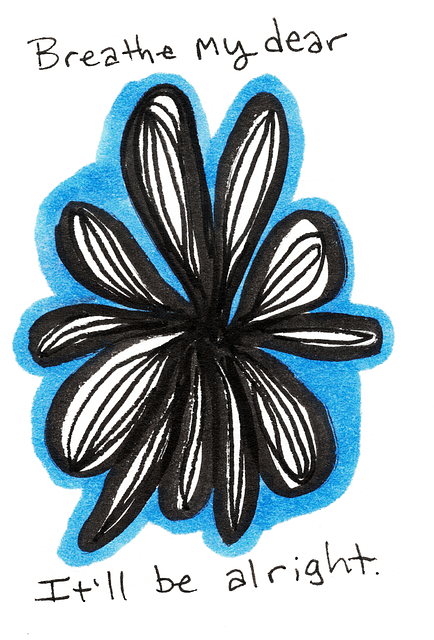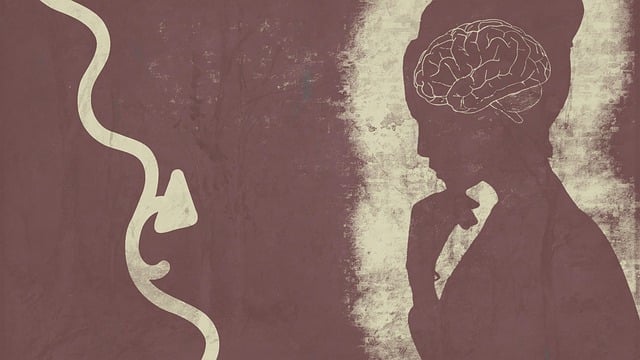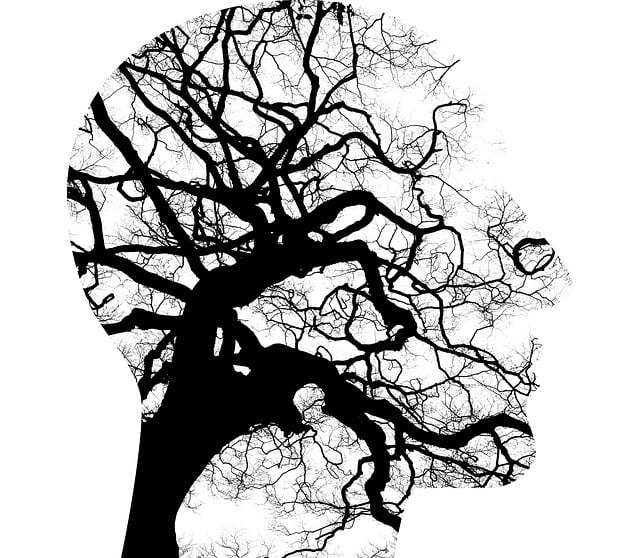Chronic pain in young children significantly impacts quality of life, affecting physical and emotional well-being. Early intervention through specialized therapy, like cognitive behavioral therapy and social skills training, is crucial. Stress management workshops using evidence-based techniques like mindfulness meditation empower kids to cope with chronic pain, improving sleep, concentration, and overall happiness. These workshops create safe spaces for expression, teach coping strategies, and foster resilience in young patients, benefiting both children and their caregivers.
Stress management workshops play a crucial role in alleviating chronic pain among young children. This article explores the multifaceted impact of such sessions, focusing on understanding the causes and effects of chronic pain in this demographic. We delve into the specific benefits of stress management techniques tailored for young patients, offering insights into designing effective workshops. By examining successful implementation strategies, healthcare professionals can provide much-needed relief to children suffering from chronic pain, enhancing their overall well-being.
- Understanding Chronic Pain in Young Children: Causes and Impact
- The Role of Stress Management Workshops for Children with Chronic Pain
- Designing Effective Stress Management Workshops for Young Patients
- Implementation and Benefits: Running Successful Chronic Pain Relief Sessions
Understanding Chronic Pain in Young Children: Causes and Impact

Chronic pain among young children is a growing concern that requires understanding and specialized care. This persistent pain can be caused by various factors, including developmental issues, injury, or underlying medical conditions. Unlike acute pain, which serves as a warning signal, chronic pain can significantly impact a child’s quality of life, affecting their physical and emotional well-being. It may lead to difficulties in performing daily activities, sleeping, and maintaining social interactions, often resulting in heightened stress levels and anxiety.
Early intervention is crucial in managing chronic pain in children. Therapy options, such as cognitive behavioral therapy, can help young patients develop coping mechanisms and enhance their self-awareness exercises. Additionally, trauma support services play a vital role in addressing the emotional toll of chronic pain, offering much-needed comfort and support. Social skills training can also be beneficial, fostering connections and promoting a sense of belonging, which is essential for these children’s overall development and happiness.
The Role of Stress Management Workshops for Children with Chronic Pain

Stress management workshops play a pivotal role in empowering young children suffering from chronic pain to cope and thrive. These tailored programs offer an effective therapy for kids, helping them navigate the challenges associated with their condition. By participating in interactive sessions, children gain valuable tools to enhance their emotional well-being and develop healthier coping mechanisms.
Workshops focused on stress management often incorporate evidence-based techniques such as mindfulness meditation and self-awareness exercises. These activities not only provide a safe space for kids to express their feelings but also teach them how to manage pain and reduce anxiety. With the guidance of trained healthcare providers, cultural competency training ensures that these workshops cater to diverse populations, making them accessible and beneficial for all children.
Designing Effective Stress Management Workshops for Young Patients

Designing effective stress management workshops tailored for young patients with chronic pain requires a thoughtful approach that combines therapeutic techniques with age-appropriate activities. These workshops should go beyond teaching simple relaxation methods and aim to empower children with coping strategies they can integrate into their daily lives. Incorporating interactive elements like storytelling, art therapy, or even gamified exercises can make the learning experience engaging and memorable for young participants.
Emotional well-being promotion techniques such as mindfulness practices, positive affirmation exercises, and stress journaling can be incorporated to help children identify and manage their pain triggers. Additionally, risk management planning for mental health professionals should involve creating a safe and supportive workshop environment where each child feels heard and respected. By addressing the emotional and psychological aspects of chronic pain alongside physical treatment, these workshops contribute to the holistic care of young patients, fostering resilience and improved quality of life.
Implementation and Benefits: Running Successful Chronic Pain Relief Sessions

Implementing stress management workshops for young children with chronic pain can be a game-changer in their mental wellness journey. These sessions, tailored to the unique needs of children, offer a safe space for them to express and manage their pain through various therapeutic techniques. One effective approach is incorporating therapy that considers cultural sensitivity in mental healthcare practice, ensuring inclusivity and comfort for participants from diverse backgrounds. By teaching mindfulness exercises and providing guidance on mental wellness journaling, children gain valuable tools to cope with chronic pain.
The benefits are profound; improved stress management enables kids to navigate their daily lives with more ease, fostering a sense of control over their symptoms. This proactive approach can lead to better sleep quality, enhanced concentration in school, and an overall improved quality of life. Moreover, these workshops empower parents and caregivers by offering them strategies to support their children’s mental health, creating a supportive network around the child experiencing chronic pain.
Stress management workshops play a pivotal role in offering therapy for young children suffering from chronic pain, providing them with essential tools to cope and enhance their overall well-being. By designing and implementing effective sessions, as outlined in this article, healthcare professionals can significantly improve the lives of these young patients. These workshops not only offer relief from pain but also foster resilience, enabling children to navigate their challenges with newfound confidence and a better quality of life.














